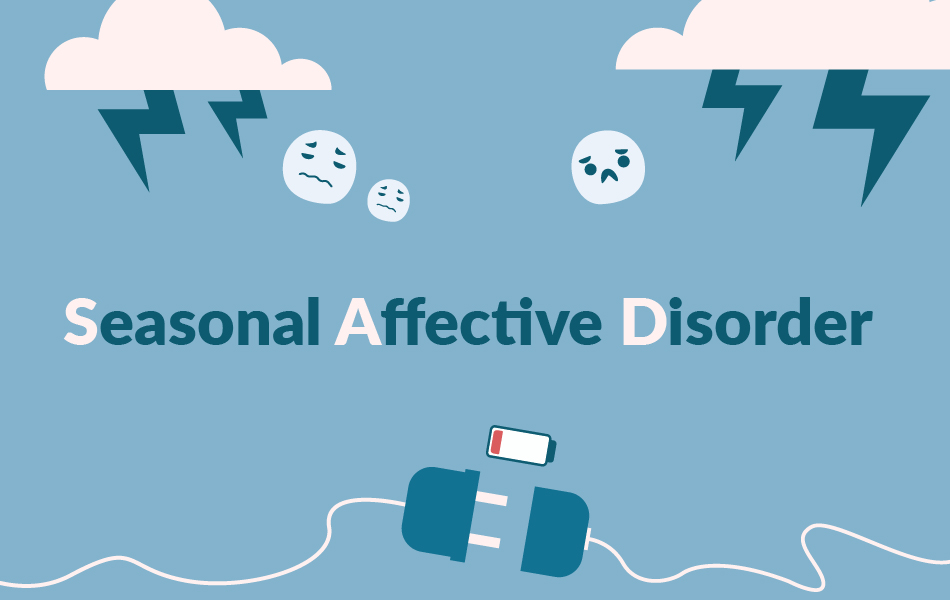
The Mental Health of an Entrepreneur
July 2, 2019
Couples Therapy
August 5, 2019In our previous post on Mindfulness we discussed the ways in which it directly benefits mental health.
This is a topic that will never grow stale simply because being mentally present never stops adding to your life in positive, meaningful ways. It’s fair to say that the term ‘mindfulness’ can be confusing to those who’ve never heard of it. Does it mean clearing your mind completely, or focusing intently? The short answer to this, is yes.
Mindfulness involves a balance of the two – giving your mind enough space (clearing out the clutter) so that it can pay attention (focus intently).
The magic of the mind
All too often, without us even being aware of it, our mind strays off-course throughout the day. During these periods it picks out points of worry and future fears that do nothing other than weigh us down. With that being said, mindfulness can be seen as a way to lighten the load, freeing up our minds to fully experience the moment in which we find ourselves. And it is in this practice of being present that we teach our minds to influence our behaviours.
For example, studies prove that mindfulness works to reduce feelings of fatigue, anxiety, depression, and stress. What’s more, taking control of thought patterns also helps to improve memory and concentration, which allows you to engage with the world in entirely new ways.
The trick here is that when you consciously drag your mind from its runaway track, you force yourself to be more aware not only of your own experience but of yourself in relation to everything else. And we’re not proposing going around in a heightened state of awareness every minute of the day. But setting aside half of your lunch break, for instance, is enough to train your mind in this special kind of magic.
Other benefits of mindfulness include improved sleep and better quality sleep as well, improved weight management through mindful reduction of stress eating, management of chronic pain, and better regulation of emotions and negative thoughts.
Where to begin
A good point to start would be to look at what mindfulness isn’t – an obscure other-worldly practice, something that requires a lot of time and effort, or something you’ll have to change your life to accommodate. Anyone can do this. In fact, you probably already have done it without noticing. But the key is in the noticing. Evidence shows that this kind of awareness benefits physical health, work, and personal relationships. And if it costs nothing and doesn’t require any effort, what’s holding you back?
Taking conscious control of your mind can be done anywhere and at any time. However, we recommend a few structured practices that can help you get into the habit a lot faster. Things like yoga, meditation, focused breathing, and Tai Chi are all great ways to bring focus to that invaluable mind-body connection. We couldn’t think of an easier way to maintain good mental health.




